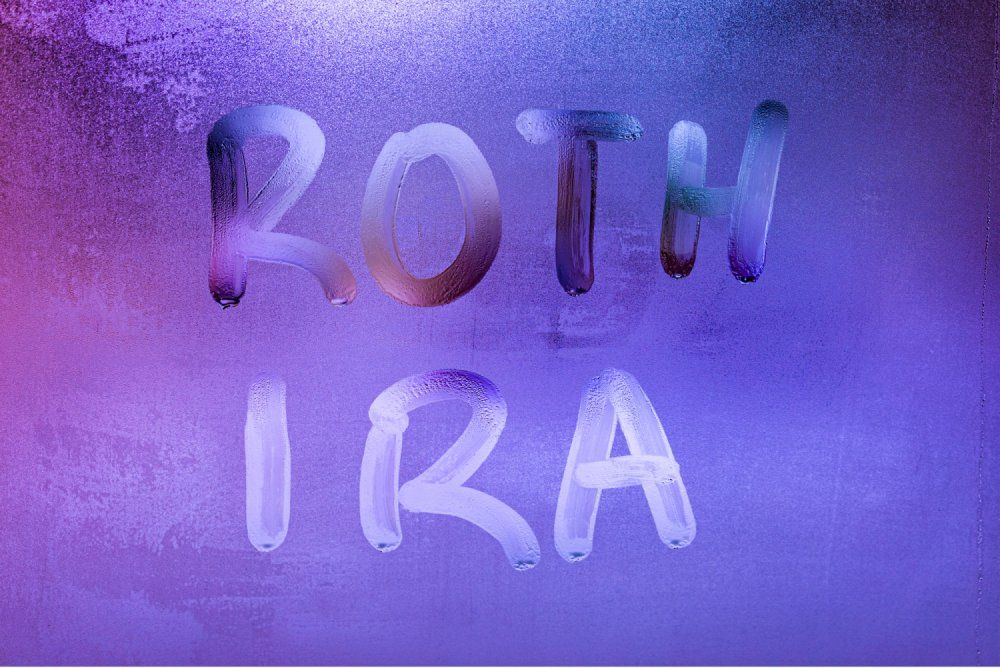Employer Stock Ownership Plans: Restricted Stock Units
Employee stock options are a form of additional compensation offered by companies. One type of employee stock option is restricted stock units (RSU). This stock option is paid in addition to an employee’s salary and is earned over time.
RSUs are often a part of an employer’s compensation plan. A typical RSU compensation package could be around 1000 shares over a four year period. It may feel like a bonus, but RSUs are earned. There are many similarities between RSUs and a paycheck. Like a salary, RSUs are paid over a period of time rather than in one lump sum. That said, RSUs are deposited into a brokerage account rather than a bank account. When RSUs are earned or vested, a portion is sold for taxes. The value of the shares sold for taxes shows up on an employee’s pay stub, just like the withholdings on a paycheck.
Understanding how RSUs are earned over time is key to utilizing RSUs most efficiently.
For example, if an employee is earning 1000 shares per four years, an employer would likely refer to a vesting schedule, a predetermined amount of company stock deposited on the employees’ behalf. Over four years, those 1000 shares are vested at a fixed rate. These recurring deposits most commonly occur on a monthly or quarterly basis. If these 1000 shares were split up over four years, they would equate to 20.8 shares monthly or 62.5 shares quarterly.
Once the shares are deposited into their account, an employee can sell them immediately for cash. The company stock can also sit in the employee’s brokerage account; however, if the shares are held for more than 365 days and have increased in value when selling, the gain will receive a favorable tax rate called capital gains rates.
If you are concerned about owning too much of one company’s stock, you could sell the shares and immediately reinvest the proceeds into other investments to diversify your portfolio.
If you have RSUs as part of your employee stock ownership plan and have not done anything with them, it is recommended you contact a financial advisor and tax professional. Your financial advisor can help you decide on and use a combination of available options to ensure you get the most out of your earned shares.
RSUs are all about timing and taxes, and Twin Rivers Wealth Management has financial planners and tax preparers that work together to build your financial plan. If you or anyone you know have an employee and are unsure of what to do with them, contact Twin Rivers Wealth Management for a financial analysis today.
Can We Help?
The Twin Rivers team wants to guide you on your journey to financial success. If you have any questions about the topics above or would like to discuss any financial decision you are facing, please do not hesitate to contact our team.










